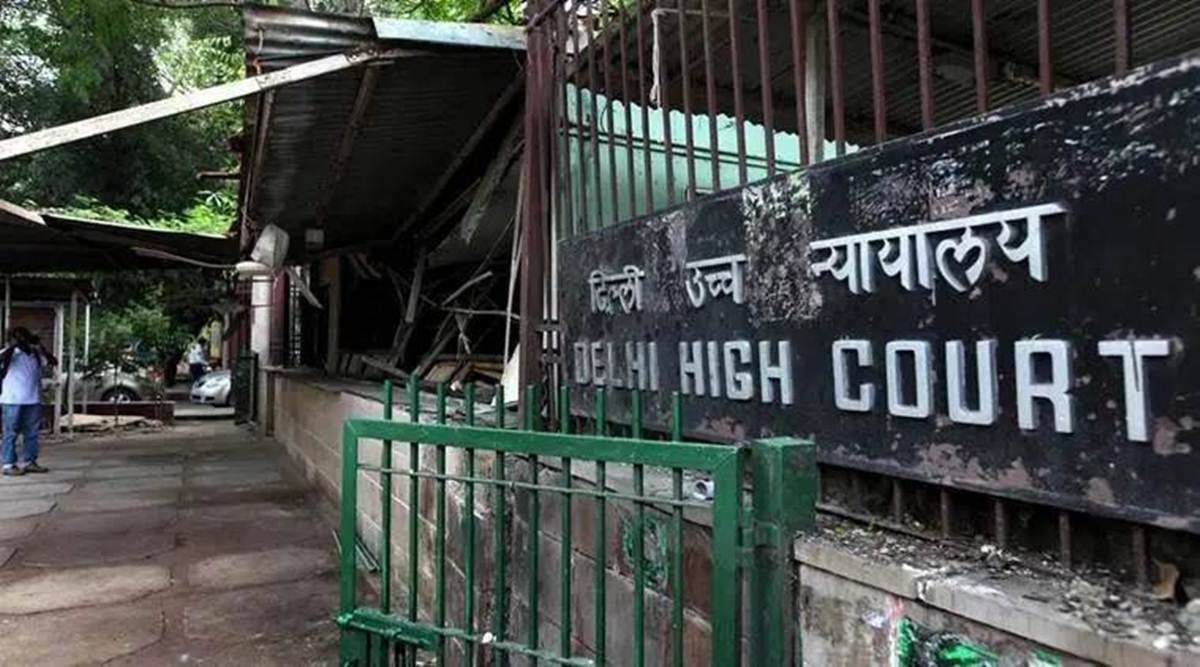 A plea was filed in the HC seeking homeopathic treatment of mild cases of Covid-19. (FILE)
A plea was filed in the HC seeking homeopathic treatment of mild cases of Covid-19. (FILE)In a plea seeking homeopathic treatment of mild cases of Covid-19, the Delhi High Court recently held that while homeopathy is effective, the medical protocol to deal with pandemic cases should always be left to the discretion of the government.
A division bench of Chief Justice Satish Chandra Sharma and Justice Subramonium Prasad in its November 1 judgment held that the “decision of the Government in such scenarios is based upon expert opinions and the experts are certainly the masters of the field.” The high court took into account the various status reports in the matter observing that when the plea was filed, the Covid-19 infection rate was very high.
It also noted that the Union Government through its various expert bodies like the Indian Council of Medical Research framed various guidelines, and issued medical protocols for curbing the infection rate. It was further brought to the High Court’s notice that “more than 219 crores doses of vaccines have been administered by the Government of India till date.”
The Court held that “…expert bodies like ICMR and the other statutory bodies are the best judge to decide and to accord approval in respect of medical protocol. It is not for the Courts to comment upon the medical protocols and the guidelines framed on the subject which are, in fact, issued after great research on the subject.”
Observing that Covid-19 infections have almost come to an end, the high court did not find any reason to allow the relief. However, it said that the petitioners – two homeopathy practitioners – can go ahead with their research, and drug trials strictly in accordance with the law.
The petitioners had moved the Court in 2020 seeking a direction to the Ministry of AYUSH to notify “Arsenicum album – Phosphorus – Tuberculinum (APT) in series intervention protocol” as a preventive for Covid-19 infections. They further sought direction from the Union government to allow homeopathy practitioners to treat mild cases of Covid-19 using homeopathic medicines, and for severe cases to critical cases as add-on therapy with allopathic medicine in hospitals if desired by the patient.
The plea further sought a direction to the Ministry of AYUSH to undertake the clinical trial on “Arsenicum album – Phosphorus – Tuberculinum (APT) in series intervention protocol” immediately and to complete it within a fixed time frame.
The Central Council for Research in Homeopathy (CCRH), an autonomous body under the Ministry of AYUSH, argued that the Ministry had issued a notification on April 21, 2020, facilitating research by scientists and researchers of any recognized system of medicine under the Indian Medicine Central Council Act, 1970, the Homoeopathy Central Council Act, 1973 and the National Medical Commission Act, 2019. It was argued that the two homeopathy practitioners were well aware of the notification which permitted them and other persons to undertake such research.
“It has been further stated that the proposed trial of the Petitioner was principally approved by the Ministry of Ayush, and it was the duty of the Petitioners to initiate the trials after getting approvals from the respective State authorities. The Petitioners instead of getting approval from the State authorities/failing from getting approval from State authorities started approaching the members and the Chairman of the Central Advisory Body of CCRH, and the CCRH does not have the power to direct the State authorities to permit the proposed Study,” the high court judgment recorded.
The high court agreed with the CCRH that the petitioners had not been prevented by any authority to conduct research, clinical trials and obtain the necessary permission required under the law.